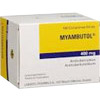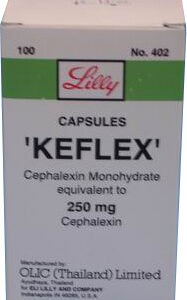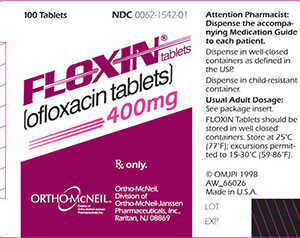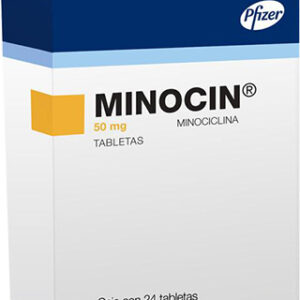Vantin is the brand name for the medication cefpodoxime proxetil, which belongs to the class of antibiotics known as cephalosporins. It is used to treat various bacterial infections, including respiratory tract infections, skin and skin structure infections, and urinary tract infections. Vantin works by stopping the growth of bacteria and killing it, thereby effectively treating the infection.
Vantin is available in the form of tablets and oral suspension and is typically prescribed by a healthcare professional. It is important to follow the prescribed dosage and complete the full course of treatment to ensure the infection is completely eradicated.
Contraindications
Vantin should not be taken if you are allergic to cefpodoxime proxetil or any other cephalosporin antibiotics. Prior to starting Vantin, inform your healthcare provider about any known allergies to medications.
Additionally, Vantin is contraindicated in individuals with a history of severe hypersensitivity reactions to penicillin or other beta-lactam antibiotics, as cross-sensitivity reactions may occur.
Patients with a history of gastrointestinal disease, particularly colitis, should exercise caution when using Vantin, as it may exacerbate the condition.
Managing Side Effects
Vantin, like any medication, may cause side effects. Common side effects of Vantin include:
- Nausea
- Diarrhea
- Abdominal pain
- Vomiting
- Headache
- Dizziness
If these side effects persist or become severe, it is important to consult your healthcare provider. In some cases, Vantin can cause more serious side effects, such as allergic reactions, severe skin reactions, or liver problems. Seek immediate medical attention if you experience symptoms such as rash, itching, swelling, difficulty breathing, or jaundice.
To minimize the risk of side effects, it is important to follow the prescribed dosage and inform your healthcare provider about any existing medical conditions or medications you are taking.
Dosage Guide
Vantin should be taken as directed by your healthcare provider. The dosage may vary depending on the specific condition being treated, the severity of the infection, and your overall health.
For adults, the usual recommended dosage of Vantin for most infections is 200 to 400 mg taken orally every 12 hours. The duration of treatment may vary, but it is typically recommended to complete a full course of treatment, usually 7 to 10 days.
If you miss a dose of Vantin, take it as soon as you remember. However, if it is close to the time of your next scheduled dose, skip the missed dose and continue with your regular dosing schedule. Do not take a double dose to make up for a missed one.
In the case of an overdose, seek immediate medical attention. Symptoms of an overdose may include nausea, vomiting, stomach pain, and diarrhea.
Vantin and Other Medications
Vantin may interact with certain medications, potentially affecting their effectiveness or increasing the risk of side effects. It is important to inform your healthcare provider about all medications you are currently taking, including prescription, over-the-counter, and herbal products.
Some medications that may interact with Vantin include:
| Drug | Potential Interaction |
|---|---|
| Probenecid | May increase the levels of Vantin in the body, increasing the risk of side effects. |
| Blood-thinning medications (e.g., warfarin) | May increase the risk of bleeding. |
| Oral contraceptives | Vantin may reduce the effectiveness of oral contraceptives, leading to a potential risk of unintended pregnancy. |
| Loop diuretics (e.g., furosemide) | May increase the risk of kidney problems. |
Q&A
-
Q: Can Vantin be used to treat viral infections?
A: No, Vantin is an antibiotic used to treat bacterial infections and will not be effective against viral infections such as the common cold or flu. -
Q: Can Vantin be used during pregnancy?
A: Vantin is generally considered safe to use during pregnancy. However, it is always important to consult with your healthcare provider before taking any medication during pregnancy. -
Q: Can Vantin be used in children?
A: Vantin is approved for use in pediatric patients for certain infections. The dosage will vary based on the child’s age, weight, and the specific infection being treated. It is important to follow the dosing instructions provided by the healthcare provider. -
Q: Can Vantin cause allergic reactions?
A: Yes, Vantin can cause allergic reactions in some individuals. It is important to seek immediate medical attention if you experience symptoms such as rash, itching, swelling, or difficulty breathing. -
Q: Can Vantin be taken with food?
A: Vantin can be taken with or without food. However, taking it with food may help to reduce the risk of stomach upset.






Reviews
There are no reviews yet.